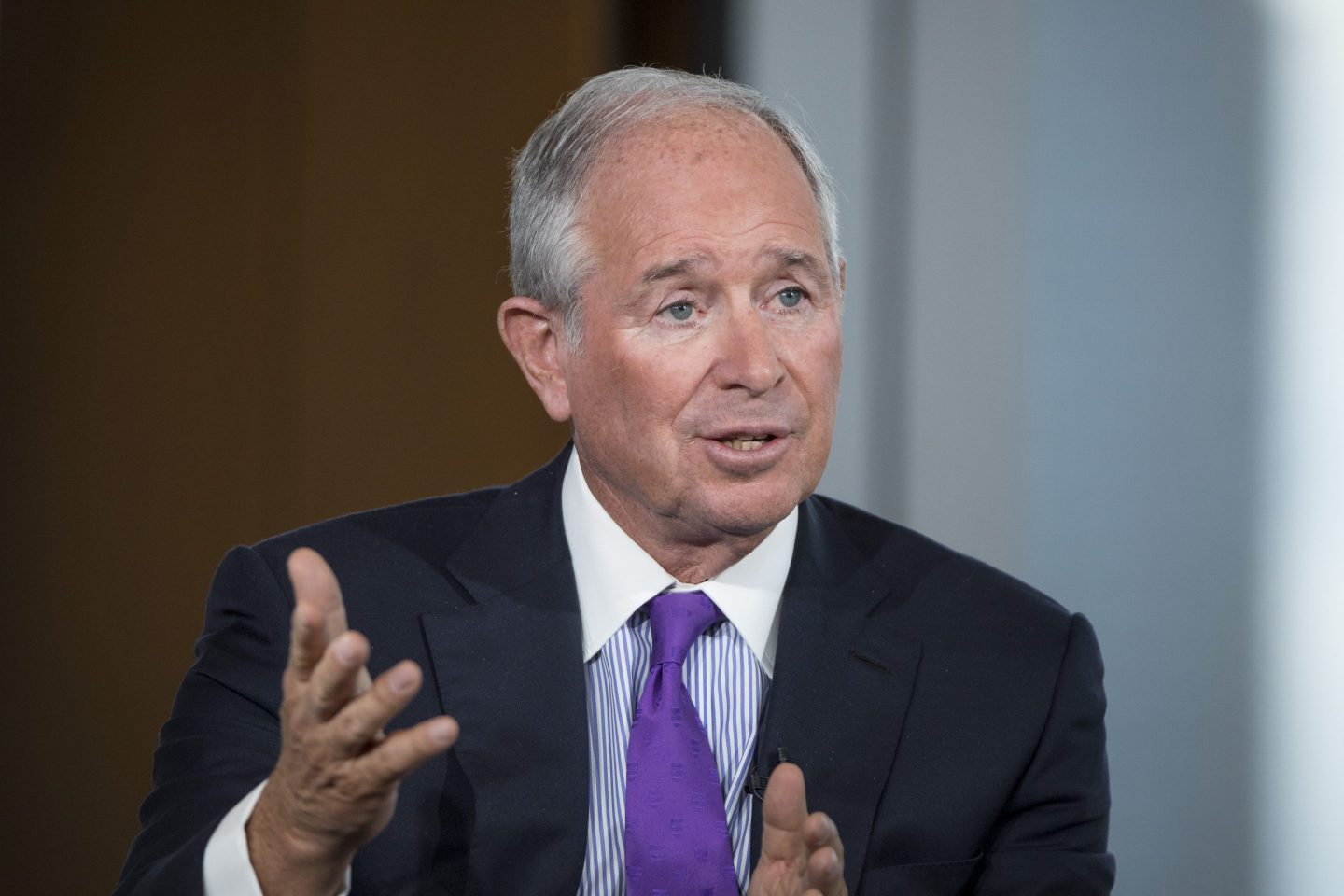Hillary Clinton told USA Today this week that, if elected president, she would “ask the Treasury Department to use its regulatory authority” to change the tax treatment of carried interest, if Congress does not act to do so. Or, put more bluntly, she’d raise the tax rates on partners in hedge funds, private equity funds, real estate funds, venture capital funds, and similar investment vehicles.
Some readers have asked my thoughts on Clinton’s pledge, given my longtime support for treating carried interest as ordinary income (as opposed to a capital gain, which is how it is currently treated).
My gut reaction was negative, because I would prefer that Congress address this as part of desperately-needed, comprehensive corporate tax reform. Moreover, Republicans should be able to use this as a bargaining chip in such negotiations, when trying to extract concessions from Sanders-side Democrats.
However, the current tax treatment of carried interest is more about Internal Revenue Service interpretation of the rules than the rules themselves. And since the IRS is housed in Treasury, Clinton’s pledge does seem kosher from a separation of powers standpoint.
Finally, it’s worth noting that Donald Trump also supports a change to carried interest tax treatment, but has not suggested that he would do so unilaterally. President Obama also campaigned on this issue back in 2008, but never really addressed it legislatively outside of a corporate tax reform framework that never gained any traction.












